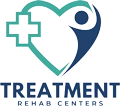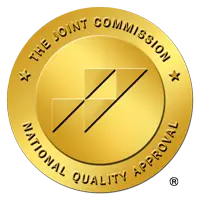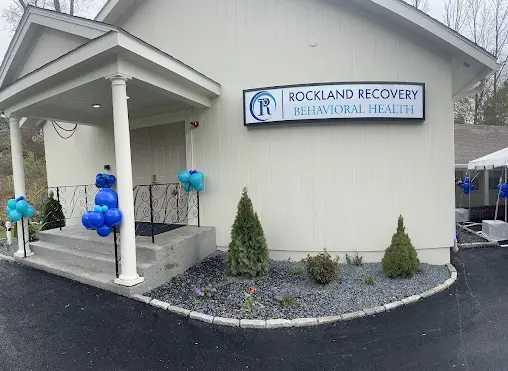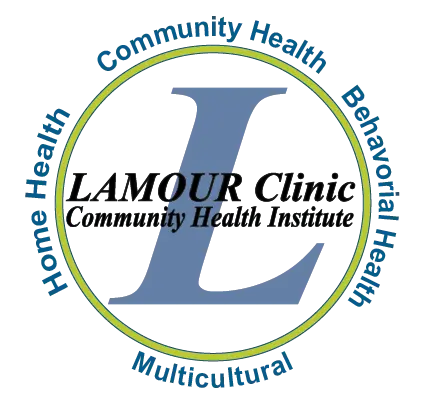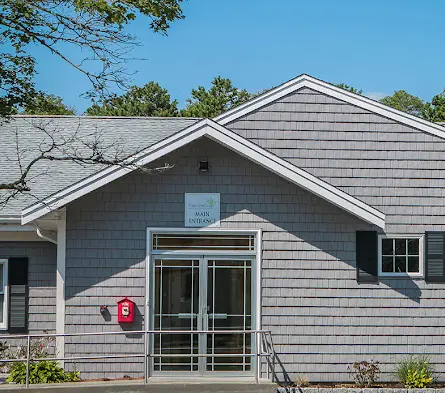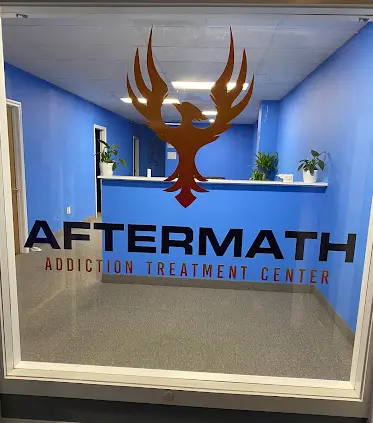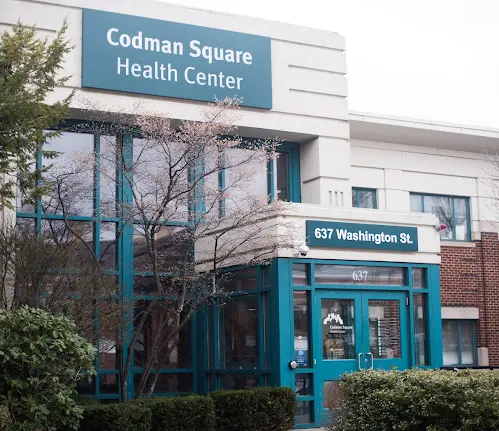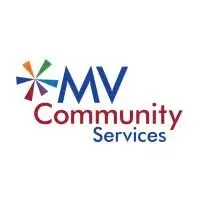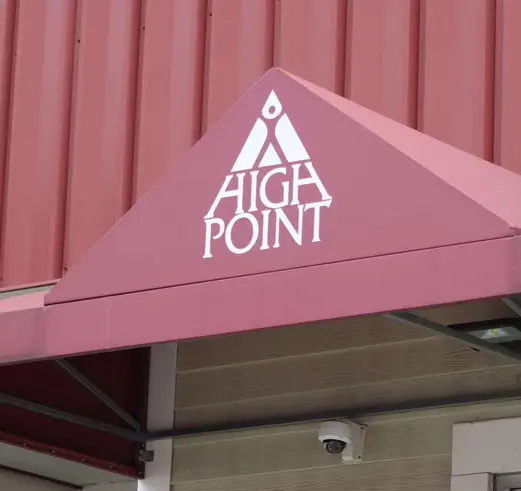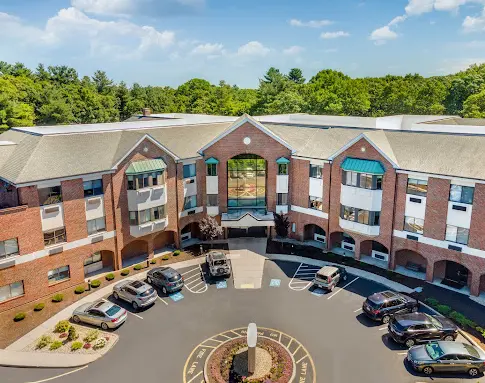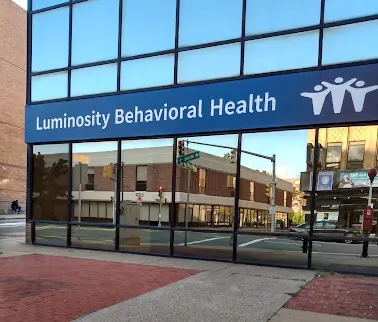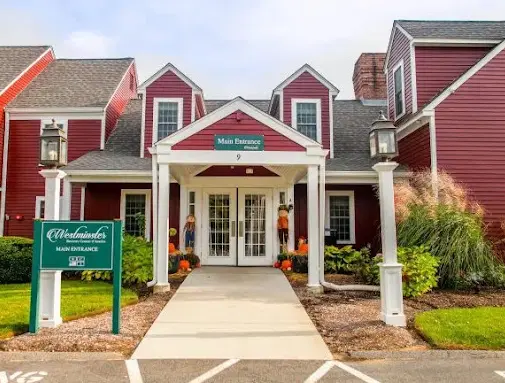The Top Dual Diagnosis Treatment Centers in Massachusetts
Our team has selected the 12 top Massachusetts dual-diagnosis treatment centers based on our vetting process for providers of co-occurring disorder treatment programs.
To review our standards, ‘Our Vetting Process’
Search Nearby Cities
- City Name
Browse Treatment Centers in Massachusetts
At SOBA Recovery Centers, we are dedicated to providing our clients with exceptional care in a welcoming, non-judgmental setting. Our clients and their families have access to some of the best clinicians in the state and an array of luxurious amenities such as a gym, sauna, jacuzzi, and gourmet meals prepared by world-class chefs to enhance their rehab experience.
We are committed to making the journey to recovery as comfortable and effective as possible. We accept most major insurance policies and offer free transportation services for clients within a five-hour radius of our facility. New Brunswick, New Jersey
LEVELS OF CARE
Editorial Note
Rockland Recovery offers various levels of care and gender-specific treatment options, ensuring a personalized approach to substance abuse recovery. The programs are designed to be affordable, flexible, and comprehensive, allowing clients to form meaningful connections with their peers and treatment teams. During the evaluation and planning process, clients meet with a clinician to discuss available services and determine the best course of action. Typical treatment options include individual and group therapies, while other outpatient programs may be tailored to meet specific client needs.
Founded by individuals in recovery, Rockland Recovery places a strong emphasis on 12-step principles, integrating them into each treatment plan. Clients also collaborate with their treatment team to address various aspects of their lives, such as employment, housing, and financial situations, alongside their addiction. This holistic approach aims to provide a supportive environment that fosters long-term recovery and overall well-being.
WHAT THEY TREAT:
Dual diagnosis substance abuse and depression and anxiety.
Levels of Care
Dual Diagnosis, IOP, MAT, Outpatient, PHP, Sober Living
LAMOUR Clinic provides a distinctive approach to addiction recovery and mental health treatment, combining holistic care, multicultural perspectives, and evidence-based therapies. They offer specialized outpatient programs tailored to different age groups, including children, adolescents, adults, and seniors. The range of services includes individual therapy, group therapy, dialectical behavior therapy (DBT), care coordination, and community-based services. This comprehensive approach aims to address the unique needs and recovery goals of each client, promoting overall wellness.
In addition to these core services, LAMOUR Clinic offers a variety of counseling and support options. These include applied behavior analysis, peer support, social skills development, community support programs, and various recovery support groups. Recovery coaching is also available, along with additional DBT sessions, ensuring that clients receive the support and guidance needed for sustained recovery and personal growth.
WHAT THEY TREAT:
Dual diagnosis substance abuse and anxiety and depression.
Levels of Care
Outpatient, Dual Diagnosis
Recovering Champions provides a comprehensive range of care levels, offering clients a wide variety of treatment services to address both mental health and substance use disorders. Available services include cognitive behavioral therapy (CBT), motivational interviewing, contingency management, group therapy, family counseling, 12-step support groups, and medication-assisted therapy. The center also incorporates holistic practices such as meditation, yoga, journaling, exercise, art therapy, music therapy, and equine therapy, ensuring a well-rounded approach to recovery.
To support long-term sobriety, Recovering Champions offers robust aftercare planning. These programs often encompass continued individual therapy, support groups, employment assistance, legal assistance, and sober living options, providing clients with the resources needed to maintain their recovery and reintegrate into their communities successfully. Clients can choose from a variety of mental health and substance use disorder treatment options, allowing for a tailored recovery experience that meets their unique needs.
WHAT THEY TREAT:
Dual diagnosis substance abuse and anxiety and depression.
Levels of Care
MAT, IOP, Outpatient, Inpatient Treatment, PHP, Detox, Dual Diagnosis
At Aftermath Addiction, substance abuse treatment is structured in a step-down approach, beginning with partial hospitalization and transitioning to intensive outpatient care, followed by general outpatient programs for continuing care. This approach allows clients to gradually reduce the level of care as they progress in their recovery journey. Each week, clients engage in a combination of group therapy, individual therapy, case management, and medication management to ensure comprehensive support throughout their treatment.
The treatment plans at Aftermath Addiction are highly individualized, tailored to meet each client’s specific needs and goals. They may include various therapeutic modalities such as rational emotive behavior therapy (REBT), therapeutic family reintegration, motivational interviewing, cognitive behavioral therapy (CBT), self-help education, expressive art therapy, and Narcan training. Additionally, clients work closely with their case managers to plan for aftercare, which may involve supportive housing, legal advocacy, employment assistance, and access to community resources, ensuring a well-rounded approach to sustained recovery.
WHAT THEY TREAT:
Levels of Care
Dual Diagnosis, IOP, MAT, Outpatient, PHP
Codman Square Health Center offers a comprehensive approach to addiction recovery and mental health treatment, providing a wide range of healthcare services that clients might not find elsewhere. As a dual diagnosis facility, it specializes in treating individuals with co-occurring substance use and mental health disorders. One of its primary services is medication-assisted treatment for opioid users, which is integrated into a broader recovery plan.
Clients at Codman Square can also participate in group counseling and individual therapy sessions with their assigned clinicians. In addition to these core treatment services, the health center provides wellness programs that include education, fitness, and nutrition support. Treatment plans are tailored to each client’s specific needs, developed collaboratively with a dedicated treatment team to address both mental health conditions and co-occurring substance use disorders, ensuring a holistic approach to recovery.
WHAT THEY TREAT:
Levels of Care
WHAT THEY TREAT:
Levels of Care
Detox, Dual Diagnosis, MAT, Outpatient
Clearbrook offers a comprehensive addiction treatment program beginning with medically supervised detox, followed by an inpatient rehab program. This residential program is designed to address both addiction and any co-occurring disorders, providing a well-rounded approach to recovery. The inpatient treatment at Clearbrook includes a combination of individual and group therapies, family services, daily activities, 12-step meetings, and various educational services to support clients throughout their recovery journey.
The typical length of the inpatient program is around 28 days, after which clients may transition to continuing care or an extended residential facility if additional support is needed. Clearbrook also offers specialized programs such as art therapy, biofeedback, cognitive behavioral therapy (CBT), and dialectical behavior therapy (DBT). Additionally, the center provides tailored programs to meet the specific needs of various groups, including individuals in the corporate world, LGBTQ+ clients, and alumni, ensuring that all clients receive personalized and effective care.
WHAT THEY TREAT:
Levels of Care
Detox, Dual Diagnosis, MAT, Residential Treatment
Martha’s Vineyard offers a wide range of programs that go beyond standard recovery or mental health treatment, providing a holistic approach to care. The facility features dual diagnosis programs, court-mandated services, recovery coaching, recovery support groups, medication assistance, and various group therapy options. In addition to these core services, Martha’s Vineyard also caters to specific community needs with youth and family programs, crisis interventions, access to general healthcare services, and specialized programs for individuals who have survived domestic abuse.
Each program is carefully selected to meet the unique needs of each client, addressing their specific co-occurring disorders, traumas, and recovery goals. The center also provides tailored support groups designed for clients from different lifestyle categories, such as veterans struggling with substance abuse and seniors needing substance abuse and mental health treatment. This personalized approach ensures that every client receives the most appropriate and effective care for their situation.
WHAT THEY TREAT:
Dual diagnosis substance abuse and anxiety and depression.
Levels of Care
Dual Diagnosis, MAT, Outpatient
High Point Treatment Center in Plymouth, Massachusetts, offers a comprehensive approach to addiction and mental health treatment, ensuring that each client receives personalized care. Clients at High Point work with a diverse treatment team composed of nurses, psychiatrists, physicians, and addiction specialists. Together, they create a customized plan that addresses both substance abuse and any co-occurring mental health disorders.
The treatment programs at High Point often include a blend of 12-step programs, group counseling, individual therapy, and family support. In addition, the center provides education on addiction and mental health, medication assistance, aftercare planning, and relapse prevention strategies. Clients are also encouraged to develop practical skills through various community-based services, supporting their long-term recovery and reintegration into daily life.
WHAT THEY TREAT:
Levels of Care
Aftercare, Dual Diagnosis, Inpatient Detox, Inpatient Treatment, IOP, MAT, PHP, Sober Living
Bedrock Rehab is a dual diagnosis treatment center that combines 12-step programs with medication-assisted treatment to offer a comprehensive approach to recovery. At this facility, clients collaborate with a treatment team to develop personalized programs tailored to their specific needs, incorporating a variety of therapeutic options. Available therapies include cognitive behavioral therapy (CBT), dialectical behavior therapy (DBT), family systems therapy, mindfulness practices, motivational interviewing, and group therapy sessions. Through these therapies, clients learn vital skills such as emotion regulation, distress tolerance, interpersonal communication, effective communication, and stress management.
In addition to these therapeutic options, Bedrock Rehab offers advanced treatments like Eye Movement Desensitization and Reprocessing (EMDR) and transcranial neurostimulation, as well as round-the-clock medical care. The facility has recently undergone renovations, enhancing the overall experience with modern amenities such as private or semi-private rooms, a fitness center, a yoga studio, a movie theater, and catered meals, all designed to support clients in their recovery journey.
WHAT THEY TREAT:
Levels of Care
Luminosity Behavioral Health emphasizes culturally-sensitive and community-based treatment programs designed to address both substance abuse and dual diagnosis conditions. The facility focuses on creating a supportive environment where clients feel connected and understood, taking into account their unique cultural and personal backgrounds.
The treatment offerings include medication-assisted treatment to manage withdrawal symptoms and cravings, alongside family therapy, medication management, and psychiatric therapies available in both group and individual settings. Additionally, Luminosity Behavioral Health integrates body-centered programs into its treatment approach, aiming to address both mental and physical aspects of recovery. This holistic approach ensures that clients receive comprehensive care tailored to their specific needs while fostering a sense of community and support.
WHAT THEY TREAT:
Dual diagnosis substance abuse and anxiety, mood disorders, depression, ADHD, and PTSD.
Levels of Care
Dual Diagnosis, MAT, Outpatient
Recovery Centers of America offers a comprehensive range of therapy services designed to address each individual’s unique needs and goals. The residential program provides 24/7 supervision and care, ensuring that clients receive support around the clock. The facility creates a comfortable and healing environment, featuring amenities such as an onsite pool and gym to support physical wellness.
Clients have access to a variety of therapeutic options tailored to their specific needs, including individual and group therapies. An important component of the program is involving family members in the treatment process, helping to address and resolve issues at home that may have contributed to substance abuse or been exacerbated by it. This family involvement is intended to create a supportive environment for clients both during and after their time at the facility.
Additionally, Recovery Centers of America offers access to an alumni network, providing ongoing support and connection after clients complete their program, helping them to maintain their recovery and integrate back into their daily lives.
WHAT THEY TREAT:
Dual diagnosis substance abuse and anxiety and depression.
Levels of Care
MAT, Outpatient, Detox, Dual Diagnosis, Residential Treatment
Have a Treatment Expert Reach Out To You
100% Free and Confidential
Our Grading and Vetting Standards
Each behavioral health provider in this resource has been thoroughly vetted and holds a combination of the following indicators of consistent and effective care:
– SAMHSA listing verification, JCAHO and/or CARF accreditations
– Composite online review score of 3.5/5 stars or better (except when too few reviews is noted)
– Evidence-based behavioral heath practices are reliably employed
Our clinicians and reviewing staff have given letter grades based on the above factors.
